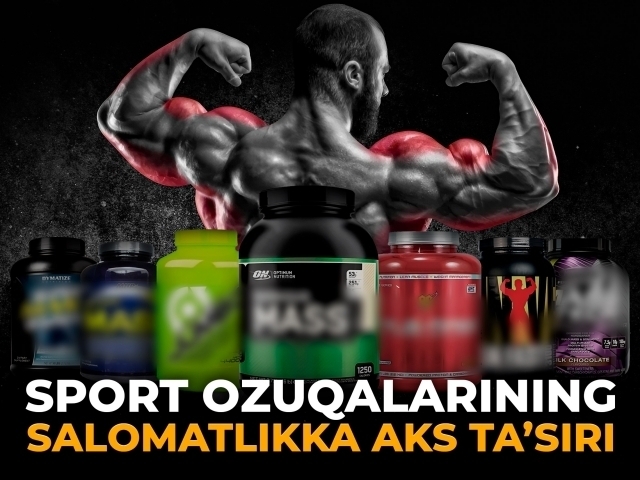Is it possible to get in perfect shape without protein and gainers?
Sport
−
04 April 2025 7172 4 minutes
Sports nutrition products—such as protein shakes, gainers, amino acids, creatine, and others—are widely popular among athletes and individuals leading an active lifestyle. These supplements help increase muscle mass, preserve strength, and support faster recovery. However, along with their benefits, they may also pose certain risks. QALAMPIR.UZ explores the potential dangers of sports nutrition below.
Negative impact on the digestive system
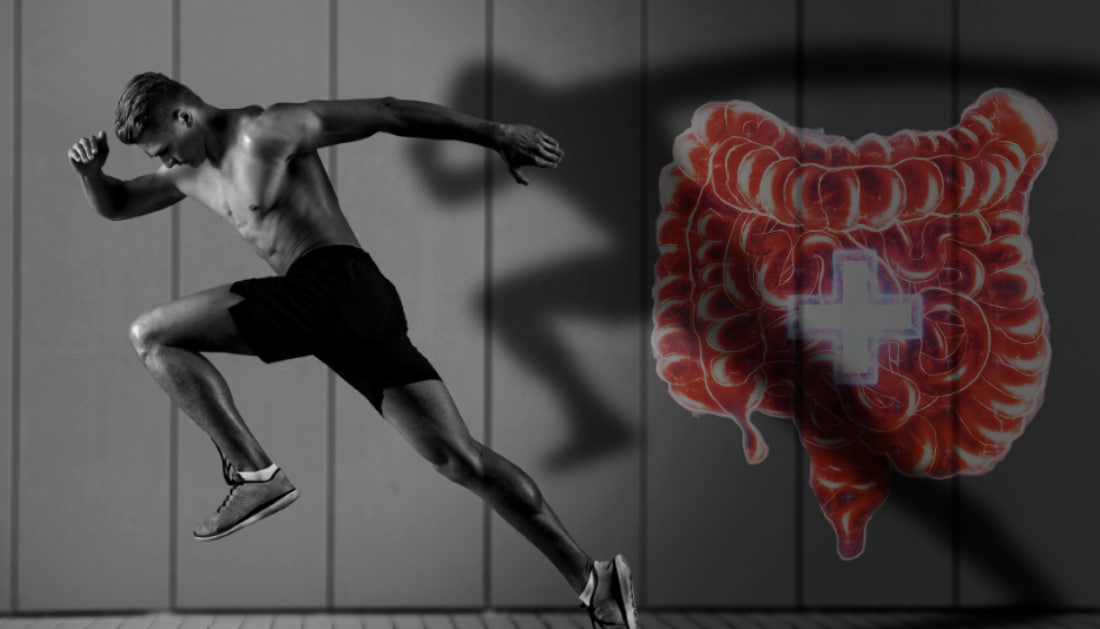
Many sports supplements can be burdensome for the digestive system. In particular, excessive protein intake may cause stomach pain, constipation, or diarrhea. The body can struggle to digest large quantities of protein, placing additional stress on the kidneys.
Harmful effects on the kidneys and liver
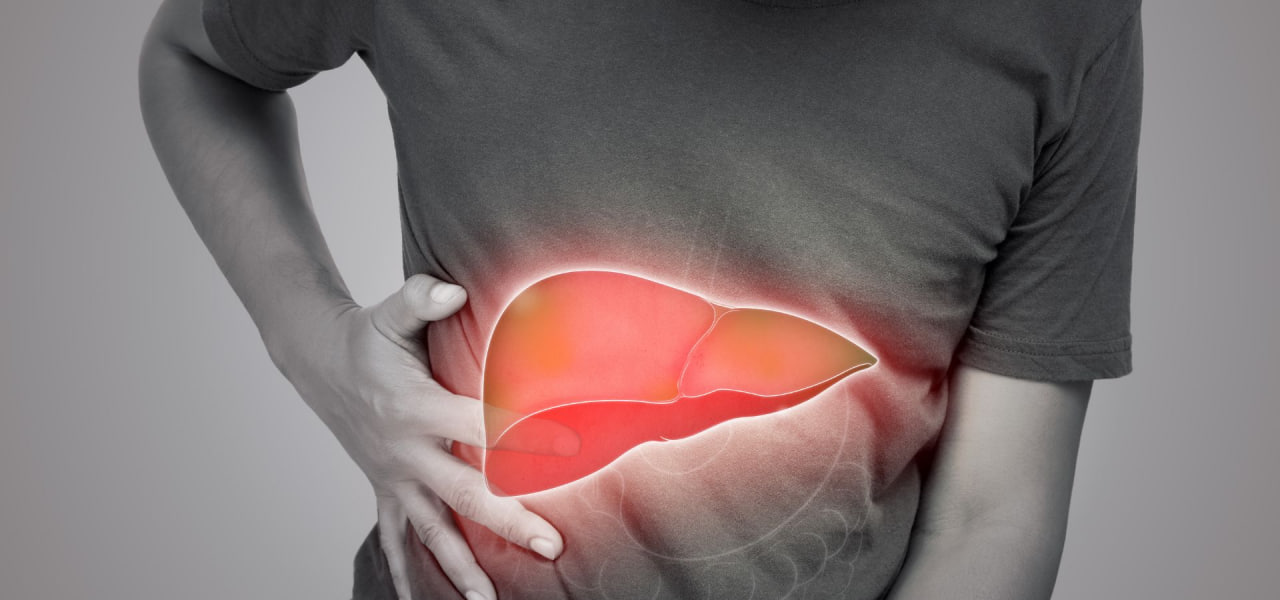
High doses of protein and creatine can disrupt the normal functioning of the kidneys and liver. This risk is especially serious for individuals with pre-existing kidney or liver conditions. Creatine, in particular, can cause water retention, raise blood pressure, and increase kidney strain.
Hormonal imbalance
Certain sports supplements, particularly those that affect testosterone levels, can negatively impact the body's natural hormonal balance. This may lead to hormonal disruptions in men, acne, heightened irritability, and mood swings.
Cardiovascular risks
Some sports nutrition products—especially energy drinks and stimulants like caffeine—may adversely affect the cardiovascular system. These substances can elevate heart rate, increase blood pressure, and even raise the risk of heart attack.
Risks of synthetic additives
Many sports supplements contain artificial additives and preservatives. These substances can trigger allergic reactions, gastrointestinal issues, and other undesirable effects.
Psychological dependency
Some individuals may develop a psychological reliance on sports supplements. When supplements are perceived as the only factor driving results, natural nutrition becomes secondary, which may lead to an unhealthy mindset.
What do experts say?

Nutritionist Dr. Michael Greger emphasizes that the high levels of sugar and caffeine in certain sports products can negatively affect heart health. He warns that unregulated consumption can cause serious health complications.

Dr. Michaela Sparrow, another nutrition expert, notes that frequent use of protein powders, caffeine, and amino acids may result in digestive issues, nutritional imbalances, and even problems with the nervous system. She also warns that long-term overuse of such supplements could increase the risk of cancer.
Can you build the perfect body without protein and gainers?
Renowned nutritionists, rehabilitation experts, and experienced athletes agree that it is possible to achieve a well-shaped body without relying on synthetic sports supplements. Here are some key recommendations:
Natural nutrition sources
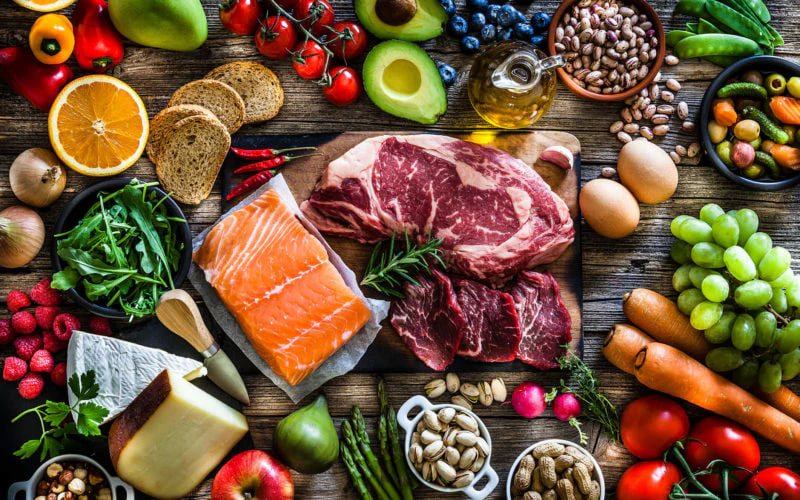
All essential nutrients can be obtained from whole foods:
- Proteins: Chicken, beef, lamb, fish, eggs, dairy, raisins, sesame seeds, almonds, walnuts
- Carbohydrates: Whole-grain bread, buckwheat, brown rice, fruits, and vegetables
- Fats: Avocados, olive oil, nuts, fish oil
Proper training routine
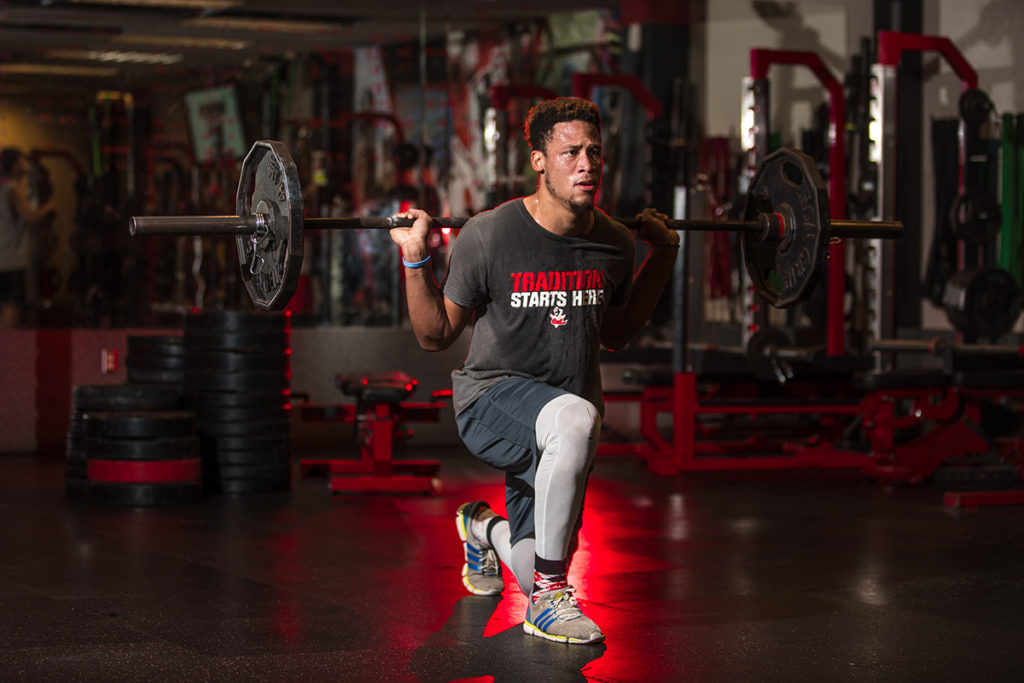
You can achieve visible results through well-structured workouts:
- Strength training (e.g., weightlifting, bodybuilding) – to build muscle mass
- Cardio workouts (e.g., running, cycling, swimming) – to burn fat and support heart health
- Balanced exercises (e.g., yoga, stretching) – for overall body flexibility and wellness
Adequate sleep and recovery

- Get 7–9 hours of sleep per night
- Allow 1–2 rest days per week for full recovery
- Manage stress to avoid elevated cortisol levels, which break down muscle tissue
Hydration
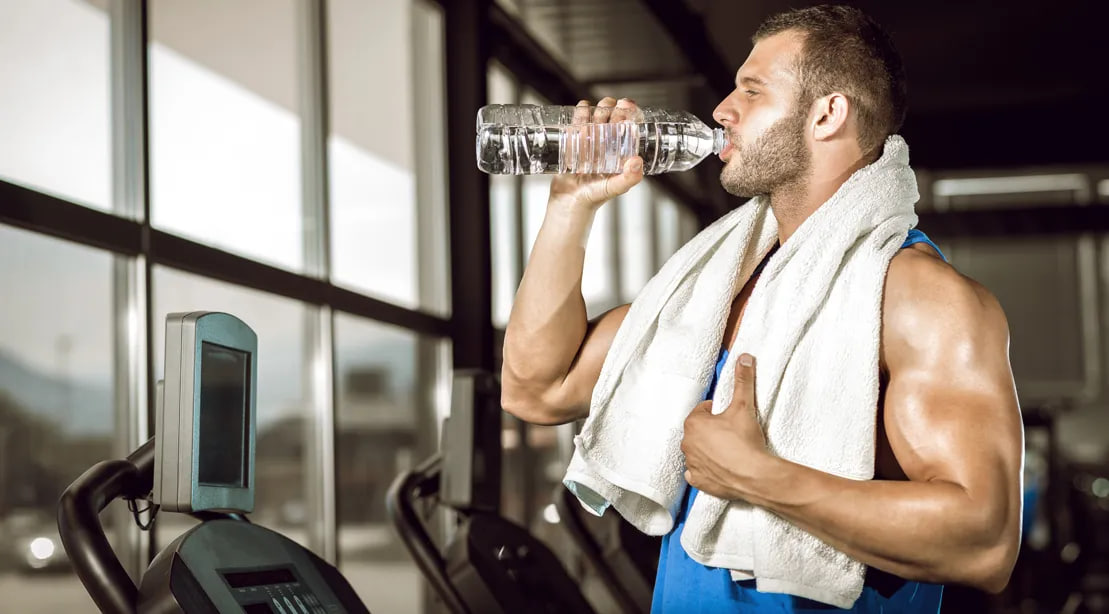
Drink 2–3 liters of water daily to keep your body in peak condition.
Natural energy boosters

Use coffee or green tea as pre-workout stimulants. Include natural antioxidants such as leafy greens, lemon, spices, and ginger in your diet.
In summary, achieving an ideal body is entirely possible without the use of protein powders, gainers, or amino acids. A balanced diet, consistent exercise, sufficient rest, and a healthy lifestyle are key to long-term success. Supplements may provide short-term support but are not a replacement for natural nutrition.
Before using any sports supplements, it is essential to consult a physician or a certified dietitian. If used, they should be taken in moderation, with a focus on deriving most nutrients from natural food sources such as meat, eggs, and dairy products. When consumed responsibly, supplements can support your fitness journey while minimizing health risks.
Live
All